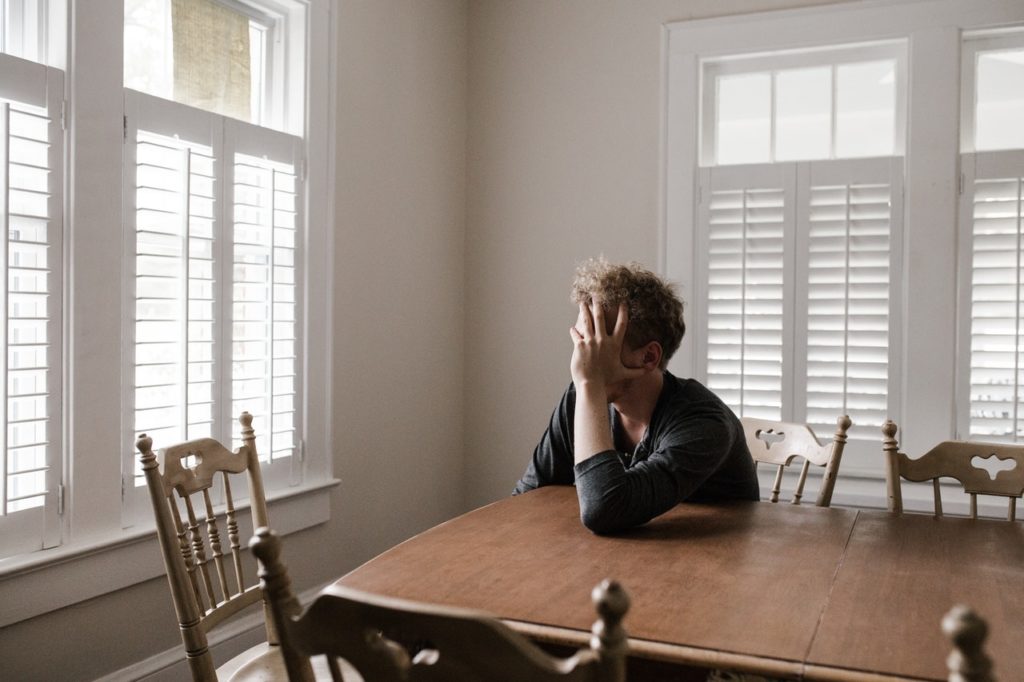It’s almost the end of the year, but the COVID-19 pandemic is still here. And this prolonged period of social distancing and sheltering in place can take a toll on our mental health.
The fear of the pandemic and anxiety caused by the uncertainty of the future can be very stressful. Then there are also issues like the current political climate and natural disasters. It’s easy to understand why many people show signs of poor mental health, particularly stress and depression.
Effects of Stress and Depression
If you’re stressed or depressed, you might experience mood swings, inability to focus, low energy, restlessness, and so on. These symptoms can interfere with different aspects of your life. For example, if you can’t focus on a certain task, you won’t perform well at work or school. If you don’t get enough sleep, your mood will be affected, which can result in conflicts at home.
Some more serious problems may occur. Extreme levels of stress can further develop into mental disorders. Stress can also affect reproductive health. Women with chronic stress are shown to have problems with menstrual cycles, pregnancy, and fertility. Men are in a more difficult position. Most men hide their emotions. And this can lead to not just reproductive problems but also chronic physical conditions. For instance, men are at a higher risk of heart disease than women because of chronic stress.
These problems can be addressed by going to psychiatrists, physicians, or gender-focused doctors like obstetrician-gynecologists and urologists. But as the first step towards wellness, individuals who experience high levels of stress should incorporate certain things in their lives to cope.
Activities to Cope with Stress and Depression

If you feel stressed because of the pandemic and other things happening around you, there are simple activities that you can do to take care of your mental health.
Exercise
When you feel a little down, you can do simple exercise routines to lift your mood. For example, you can do a 20-minute cardio routine or jog for 30 minutes every day. Doing physical activities will help you produce endorphins, which is the body’s natural stress reliever.
Pick up a New Hobby
One of the most effective ways to reduce stress is to pick up a new hobby. This can become a distraction. And depending on the hobby you pursue, it can have several other benefits as well. For instance, if you choose gardening as your new hobby, you will not only relieve stress but also improve your home environment, as plants are natural air purifiers.
Or you can choose something creative, such as calligraphy or journaling. These activities have huge online communities you can participate in. By socializing with others, you’ll be able to relieve stress and improve your mood.
Meditate
Several studies conclusively prove that meditation can help with stress relief. If you do this regularly, even just for ten minutes every day, you’ll be able to keep your stress levels at bay. As a result, you’ll be able to have a better mood and improved ability to focus.
Connect with Friends
Due to the global pandemic, gatherings are discouraged. You can’t meet with your friends freely, especially if they live far away from you, as physical gatherings pose a high risk of virus transmission. But thanks to technological advancements, you can hang out with your friends virtually.
Simply talking to your friends can make a huge difference in your stress levels. When you feel down, consider calling a friend to distract yourself. You can also ask them if you can share your troubles with them. Even just saying these things out loud can make you feel a little better.
Limit Your Access to News
While it’s important to read or watch the news to stay updated, you shouldn’t keep consuming this content at the expense of your mental health. You might consider checking the news only once or twice a week. And if you follow news pages of social media, consider unfollowing them or muting their accounts so that you don’t accidentally see them.
Get Enough Sleep
Lack of sleep is one of the main contributors to stress. So you need to make sure that you get adequate sleep to lower your stress levels. You can do this by setting the alarm to remind you when you need to get to bed. And avoid using your phone once you’re in it.
You need to take care of your mental health, especially during the pandemic. By incorporating a few changes in your life, you can help yourself deal with stress effectively.
